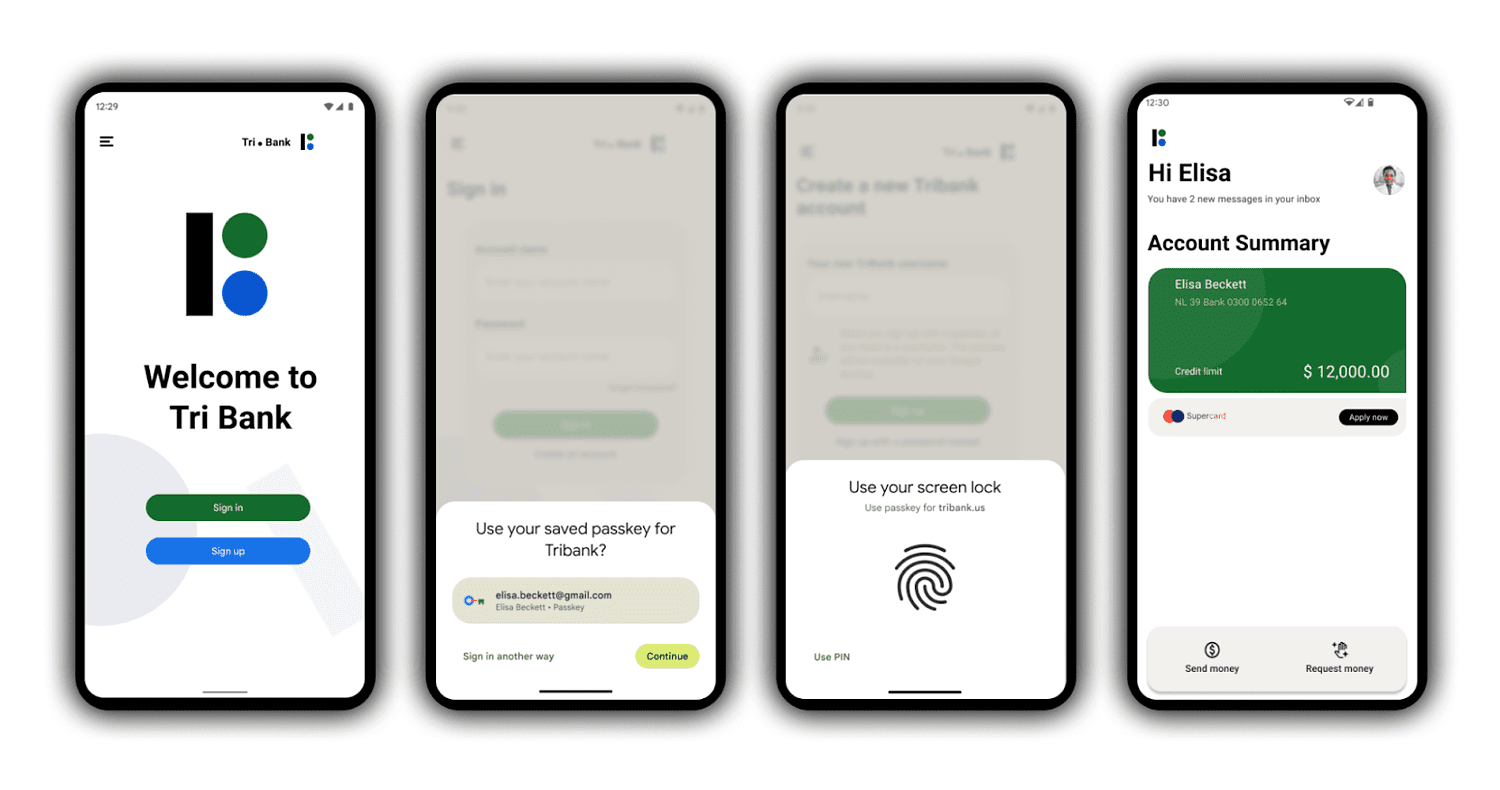The new tool makes it easier for developers to streamline log-ins on their Apps.
As Internet users struggle to keep track of the myriad credential combinations they use to access content and applications, the quest for a “passwordless” future is growing ever more heated. The advent of password managers has helped many to store and keep track of all their log-ins, but the hunt is under way to make the entire login process ever more streamlined.
Google has announced a new step in this direction for Android based mobile applications. In a post appearing on the Android Developers Blog, Google techs Diego Zavala – Product Manager for the Android Authentication Team, and Lee Campbell, an Android Tech Lead, announced a new change to the Android API that promises to make life easier for developers and users alike.
Introducing the Android Credentials Manager
“Today, we are glad to announce the alpha release of Credential Manager”, they write. The CM is “a new Jetpack API that allows app developers to simplify their users’ authentication journey”, they write. It also increases security with support of passkeys, they add.
Credential Manager supports multiple sign-in methods, such as username/password, passkeys, and federated sign-in solutions (e.g., Sign-in with Google) in a single API. This, they say, simplifies the integration for developers.

For users, there are also benefits. Credential Manager unifies the sign-in interface across authentication methods. This in turn makes it clearer and easier for users to sign-in to apps – regardless of the method they choose.
Simplifying life for users
Users face multiple sign-in methods. In many of those cases, the post explains, the sign-in methods are parallel ways for the user to get into the same account. Credential Manager “aggregates all available sign-in methods for the app into one list, while deduplicating entries for the same account”.
This simplification, they claim, allows users to focus on selecting the account “without needing to understand the underlying sign-in technology”.
